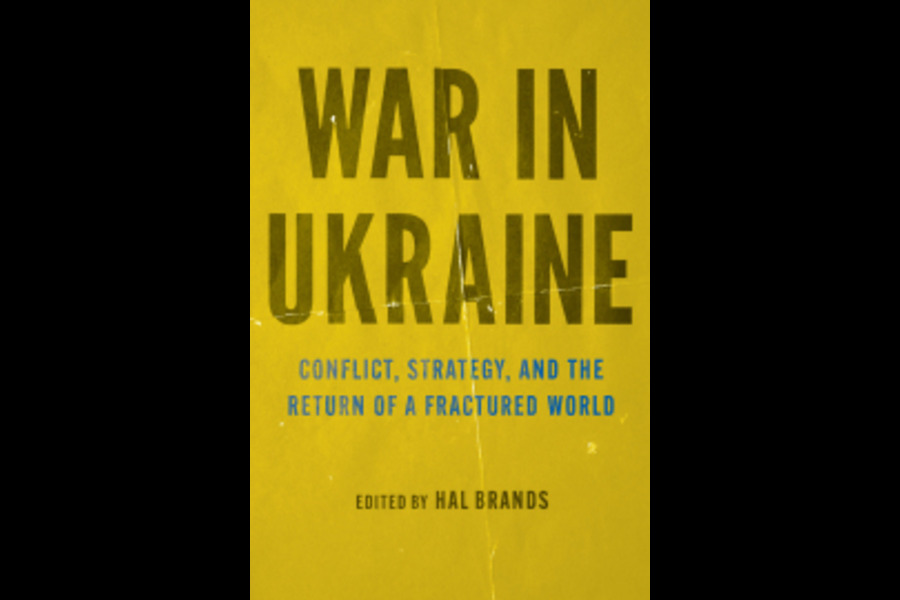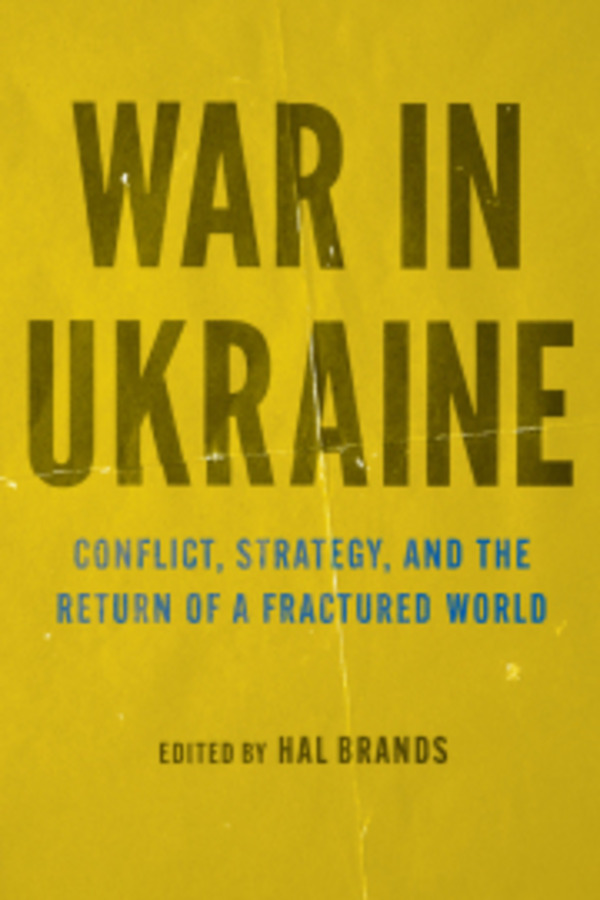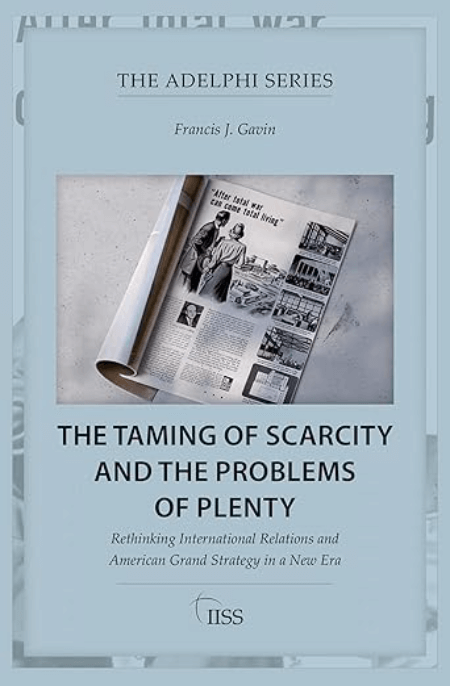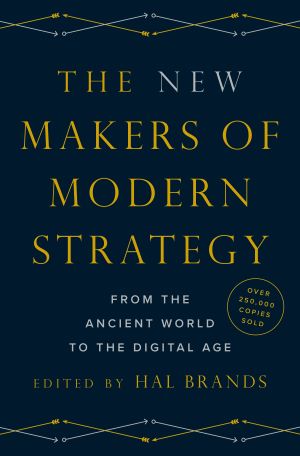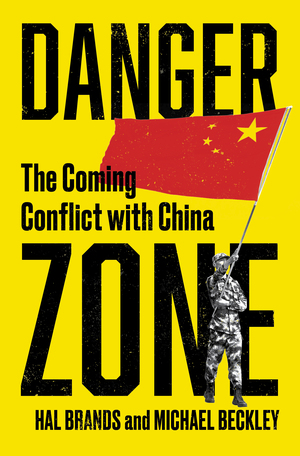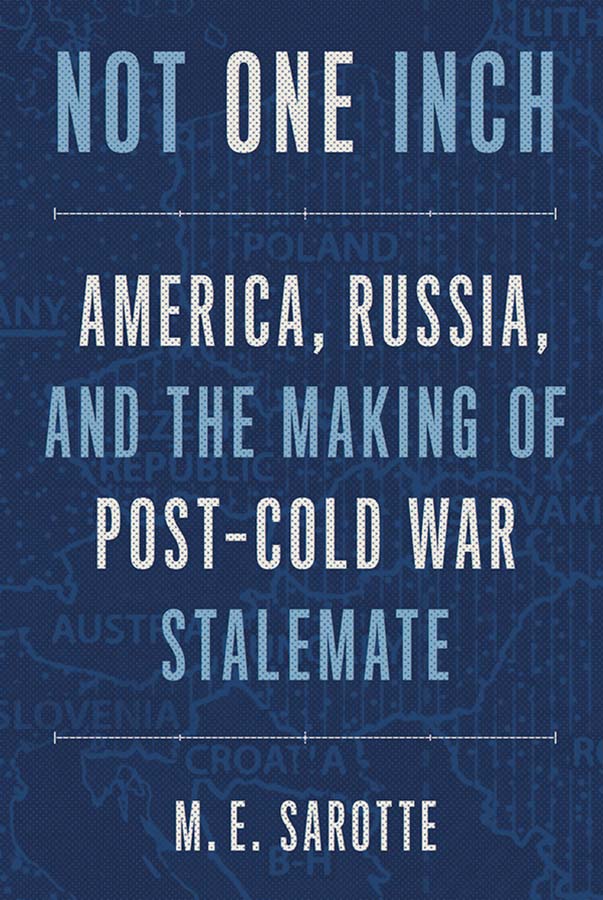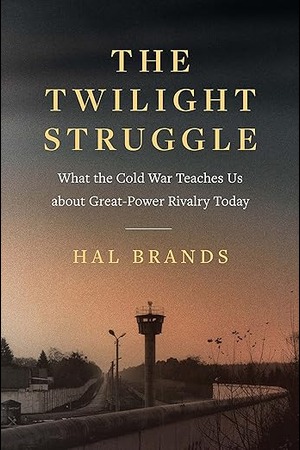Learn more about the people, programs, and publications at the Henry A. Kissinger Center for Global Affairs

“The contemporary world is characterized by global upheaval resulting from differences in culture, values, history, and evolution. International studies need to focus on the confluence of these trends, permitting the development of a grand strategy. The Henry A. Kissinger Center for Global Affairs at Johns Hopkins SAIS will develop a multi-disciplinary approach to world order with special emphasis on historical and cultural evolution." Henry A. Kissinger
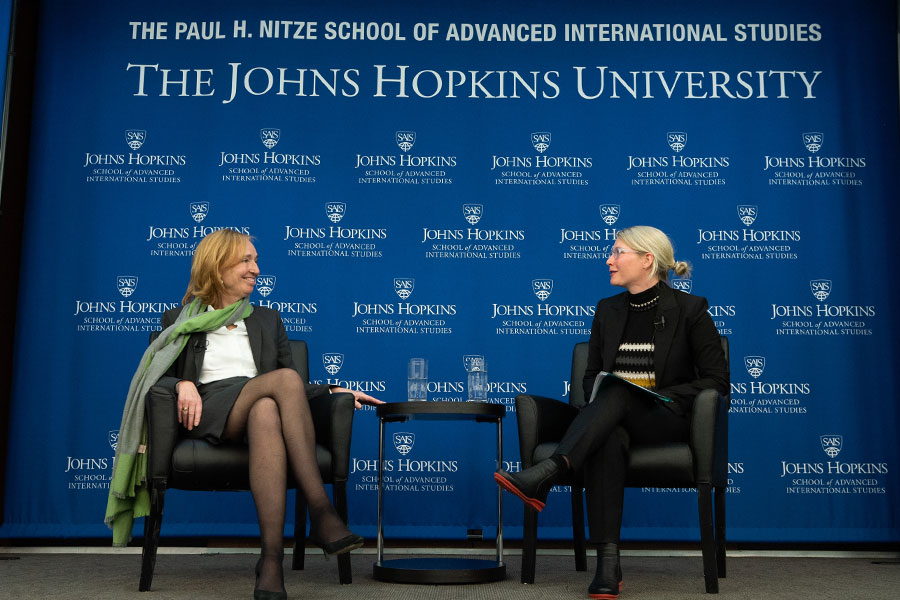
Generate new ideas
Through the research and writing of our distinguished faculty, fellows, and scholars
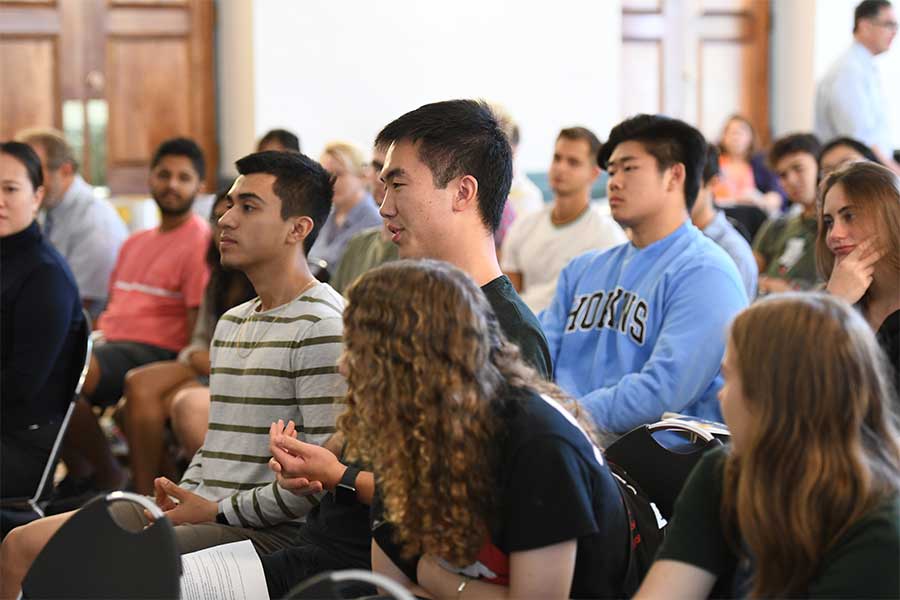
Train tomorrow’s leaders
Through innovative classes and curricula, the center seeks to revitalize the practice of diplomatic and military history and to examine the global order
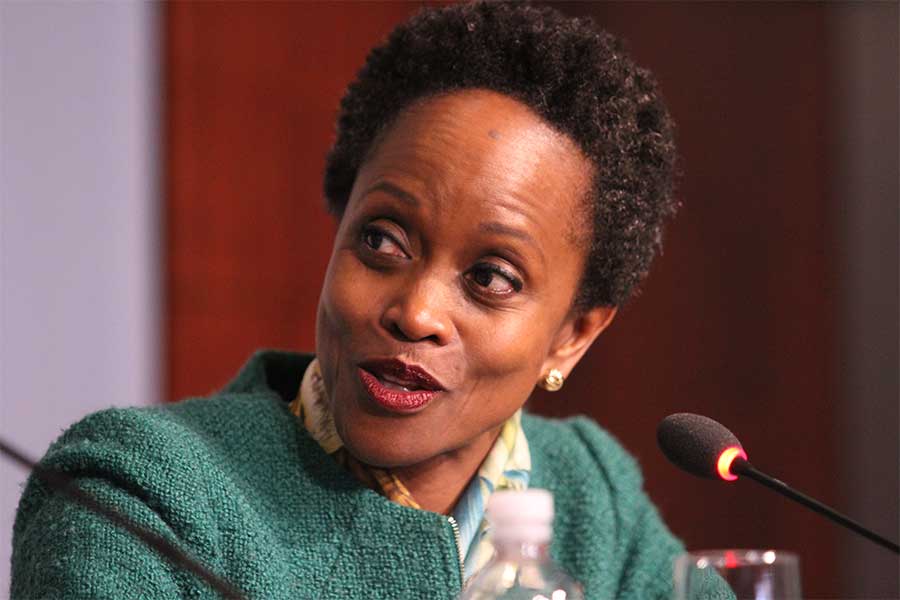
Convene academics and practitioners
Through public and private programming which engages current leaders and new voices in their fields
Our People
We bring together distinguished scholars and practitioners in foreign policy and international security
Featured News
Upcoming Conference - Ending War: History, Theory, and Lessons
Ending War: History, Theory, and Lessons
If war is continuation of policies by other means, when is then the time, in the absence of decisive victory, to cash in or cut losses? Can a protracted war remain a “good” war? And when does armistice become an option worse than perpetuation of warfare?
Held at SAIS Europe in Bologna, Italy on May 6 and 7, 2024, this conference is a brain-storming event in which world-leading historians and scholars of international affairs and wars, to reassess select case studies from the past – with an eye on understanding how protracted and unwinnable wars were brought to conclusion.
The main mission of the conference is to discuss on how to marry diplomacy to longer-term strategic horizons, how to navigate the minefield of domestic and international politics, emotional and ethical indignation, and how to recognize economic and military limitations. The main objective of the discussion is to inform sound strategy.
This conference is cohosted by Johns Hopkins SAIS Europe, the Henry A. Kissinger Center for Global Affairs and The Cold War Studies Project at the London School of Economics.
A link for public registration will be available at a later date.
Event Recap
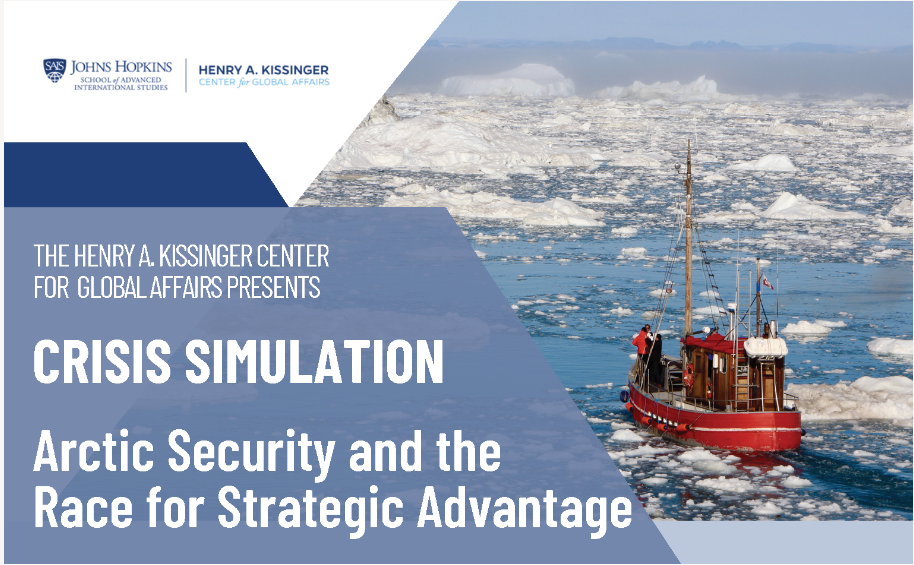
On December 2nd, 2023, students at Johns Hopkins SAIS participated in a half-day exercise that simulated a major US-Russia military crisis in the Arctic region. The event was organized by the Henry Kissinger Center for Global Affairs through Professors Hal Brands and visiting Professor Timothy Nichols from Duke.
Students served in numerous different advisory roles across government to resolve and deescalate the crisis. The simulation required students to immerse themselves in the military, legal, diplomatic, intelligence, and economic realms to diagnose the flash crisis and find a way to meet the President's guidance to de-escalate. They worked to address time-sensitive policy decisions, process and disseminate important information, and achieve interagency coordination. Throughout the exercise, students were exposed to some of the key dynamics that shape US policy in any crisis, such as dealing with imperfect information, cooperating within and across complex bureaucracies, handling escalation risks, and reconciling short-term actions with longer-term objectives.
The event was a successful - 40 graduate students willingly chose to come to school on a Saturday and engage thoughtfully and meaningfully with their colleagues and the Crisis Simulation Control to address the challenges. Students demonstrated their ability to work together effectively and make difficult decisions under pressure. By assuming advisory roles in various government agencies, students gained valuable insights into the challenges and opportunities of national security policymaking. They also had the opportunity to work alongside their peers and develop their leadership, communication, and problem-solving skills. Overall, the simulation provided a valuable learning experience for all participants and highlighted the importance of interagency cooperation and effective crisis management in the realm of national security.
We are grateful to Professors Hal Brands and Timothy Nichols for organizing such an engaging and educational event, and we look forward to future opportunities to engage in similar exercises.
Our Publications
Explore our latest scholarship
Our Programs
Our programs and projects examine crucial topics in history, strategy, and statecraft
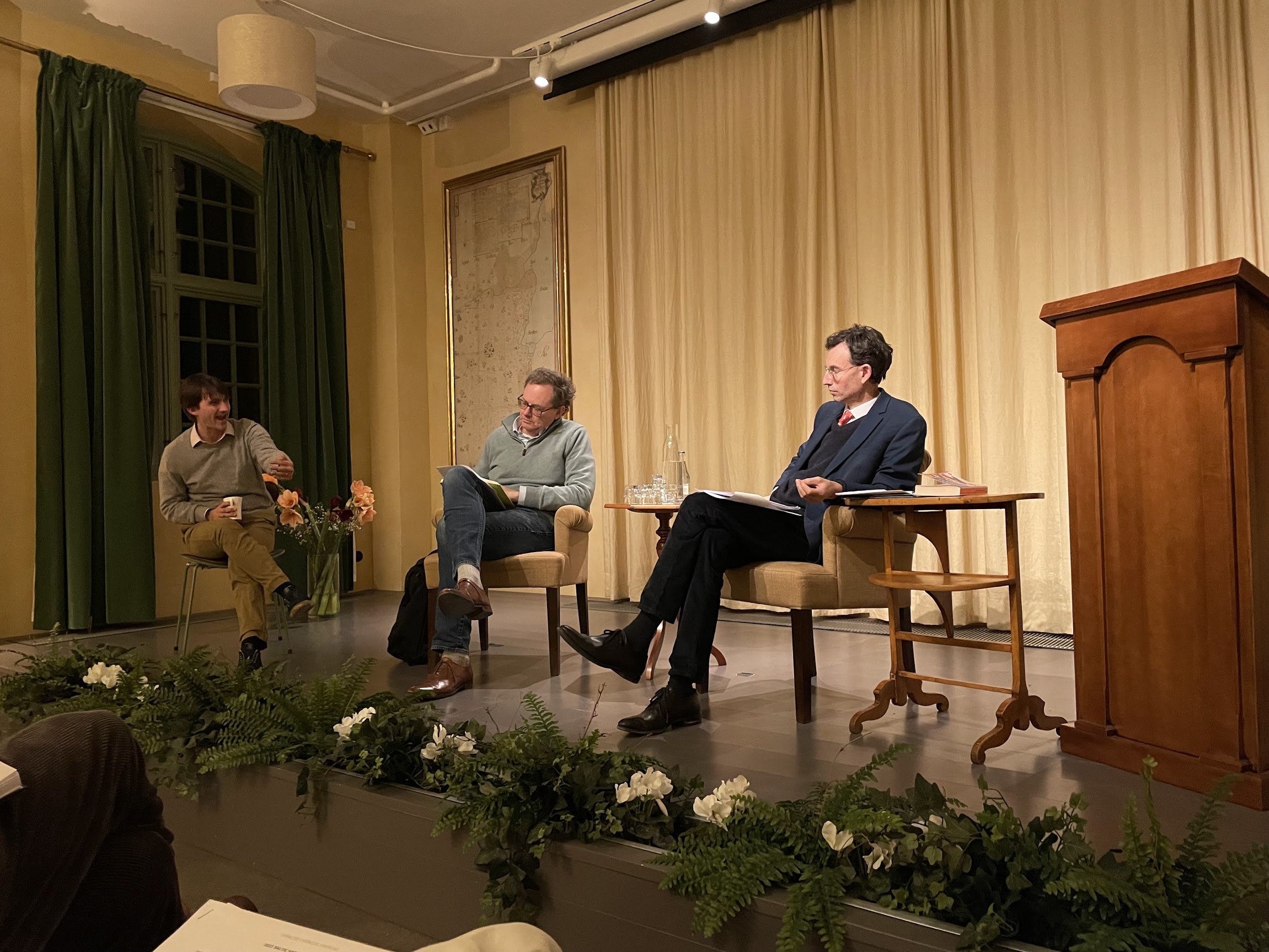
AJI is a four-university, transatlantic consortium, which in collaboration with the Axel and Margaret Ax:son Johnson Foundation for Public Benefit, will recruit, train, and mentor the next generation of historically-minded scholars and practitioners in statecraft, diplomacy, and strategy.
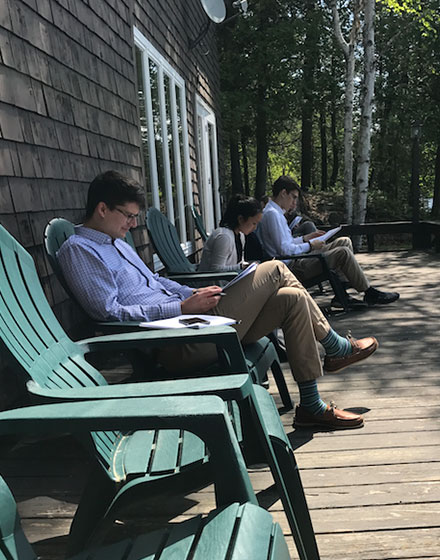
A project that creates a cohort of scholar-practitioners who understand the problems and perspectives of the world of academia and practice and can successfully pursue careers in both.
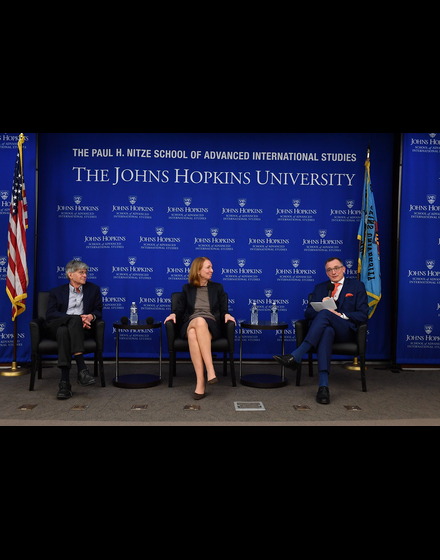
The overarching aim of this program is to deepen transatlantic relations by strengthening the Kissinger Center – and in it, the German/European perspective – in conducting research, providing teaching, and to inform and engage a wider audience in debates concerning the transatlantic relationship, international security, and the role of Germany and Europe in the future world order.
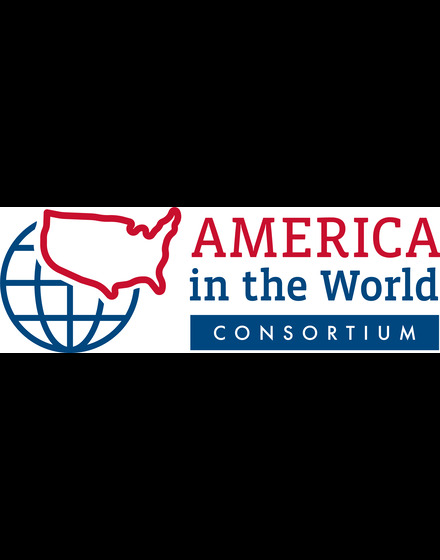
The America in the World Consortium aims to prepare the next generation to confront geopolitical challenges and understand American national interests abroad to participate in the debate about America’s role in the world.
Founding Donors
The Henry A. Kissinger Center for Global Affairs was made possible by the extraordinary leadership of Johns Hopkins University alumnus and former board chair Michael R. Bloomberg and by generous gifts from individual donors, corporations, and private foundations.
